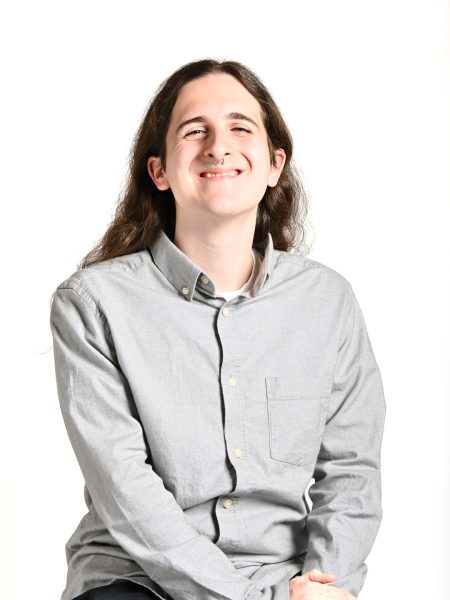Tuition for the 2024-2025 academic year will be going up 3.9 percent for undergraduate students.
According to the tuition and costs page on the Point Park website, each semester will cost $18,825 for non-conservatory of performing arts (COPA) majors, compared to the $17,440 of this past academic year. COPA students will be paying $23,970 per semester. For both semesters, COPA students will be paying $10,290 more in tuition versus non-COPA students. The university fee has gone up as well, at $440 per semester instead of last year’s $350.
“A Point Park University education continues to be an excellent value,” Lou Corsaro, managing director of university public relations, said in an email statement to The Globe. “Our faculty and staff provide students with a distinctive, innovative and experience-based education in a dynamic, urban setting. Point Park’s career and academic counselors to help students develop pathways to success which leads to annual placement rates of more than 90 percent.”
Corsaro also said that 99 percent of incoming freshmen receive some type of financial aid, with an average assistance package of more than $32,000.
“Each year, administration, faculty and the Board of Trustees evaluate programs and budgets before setting tuition,” Corsaro said. “The tuition for 2024-2025 included a 3.9 percent increase to provide the type of education our students expect and deserve.”
The technology fee of $350 per semester is the same, as well as the health services fee of $100. Costs for food and on-campus housing have remained relatively the same. A double room in Lawrence or Thayer hall was $2,940 last year, and it is now $3,000.
Merit-based scholarships for incoming students have also increased. The largest amount per academic year is now $24,000 versus $20,000. Last year, the average annual assistance for incoming students was $30,560.
President Chris Brussalis said that these increases are in line with the rates of inflation. According to the Bureau Labor of Statistics, prices for all items increased by 3.9 percent from January 2023 to January 2024, compared to 5.6 percent from January 2022 to January 2023.
The deadline for tuition deposits for incoming students was extended from May 1 to June 1 due to ongoing issues with FAFSA.
“At this point in time, we remain confident in our ability to recruit our fall 2024 freshman class,” Corsaro said in an email to The Globe.”
Brussalis said in a meeting with The Globe that the FAFSA situation is “just a huge mess.”
“We’ve been getting some reports slowly,” Brussalis said. “But we are very well positioned to send out reports once we get the data, and we are better on tuition deposits than our peers at this point.”
In an emailed statement, SGA President Marc Palombo remarked on why tuition increases happen, even if they are unpopular within the student body.
“While it’s clear that raising tuition isn’t the preferred option for anyone, including the administration and the board, sometimes it’s necessary to ensure a sustainable business model,” Palombo said. “The decision might reflect enrollment numbers and their impact on financial viability.”
Additionally, Palombo noted that rises in costs mirror what is being seen throughout secondary-education.
“This does however bring a larger issue of how unaffordable higher education has become across the country thought, and Point Park is made no exception,” Palombo said.
Kaylee Simpson, a sophomore SAEM major, was not pleased with finding out about the tuition increase and doesn’t understand how it will help students.
“We already don’t see a lot of the perks of what our money is going to,” Simpson said. I don’t understand what more money could possibly be going to.”
Evan Smedley, a sophomore theater production and stage management major, believes that the university needs to communicate tuition increases to students better, while students should also stay aware of university pricing.
“We didn’t know about [the tuition increase] until you just said it, so I feel like people aren’t really paying that close attention to it,” Smedley said. “There should be very clear communication to all students, staff, faculty, and anyone who is paying tuition.”
Smedley also noted that tuition increases should be treated like increases in rent, where proper notice as well as where the money is going will be communicated.
“Like when your rent gets increased, you should be given proper notice as well as what that money is going towards,” Smedley said. “You can make a decision about if you need to apply to additional scholarships or loans, as well as so you can see what it is going to.”
A due date for fall payments has not been set yet.








